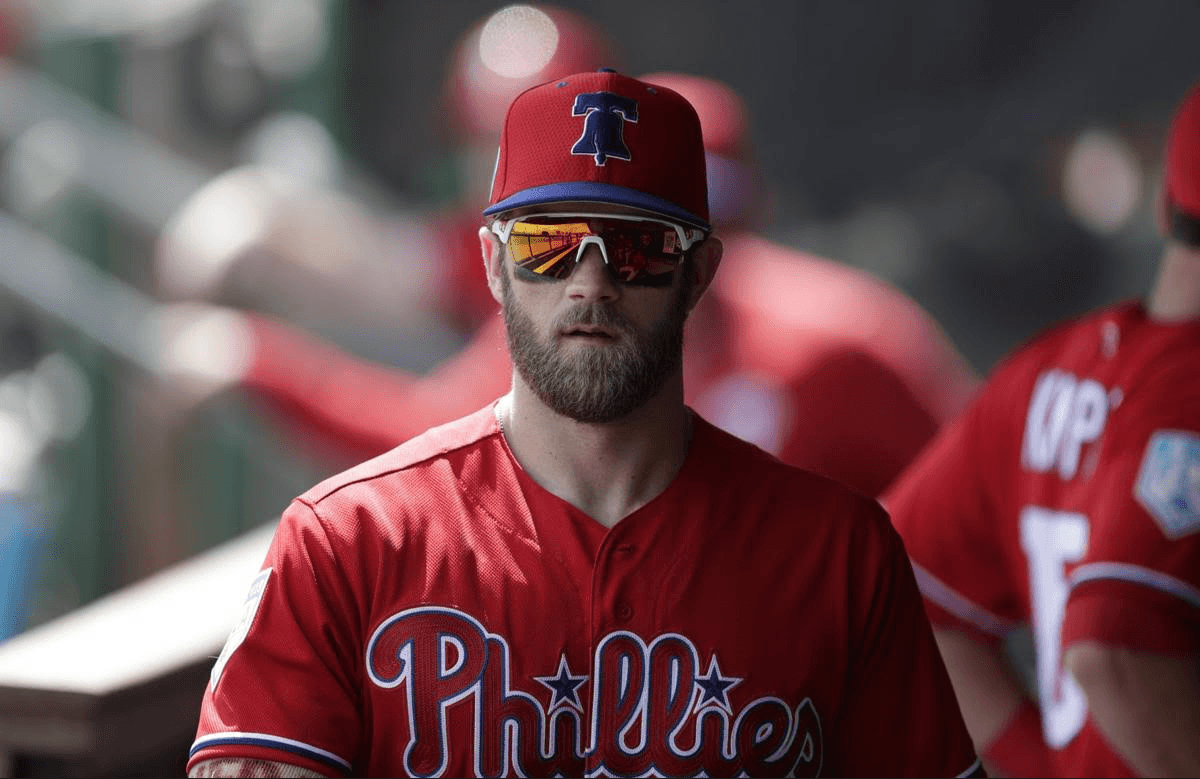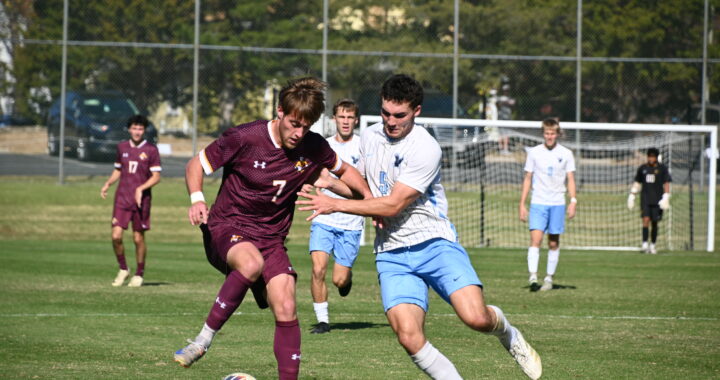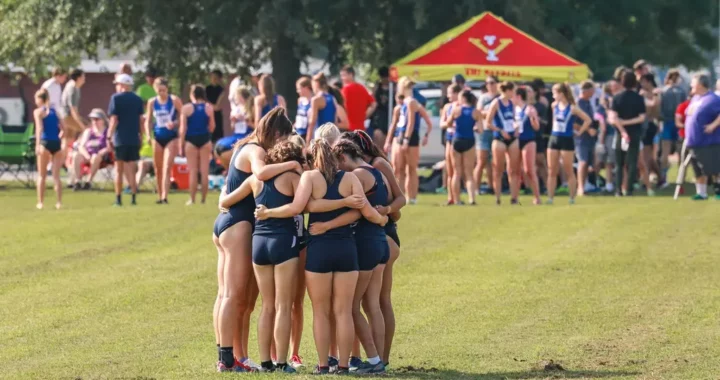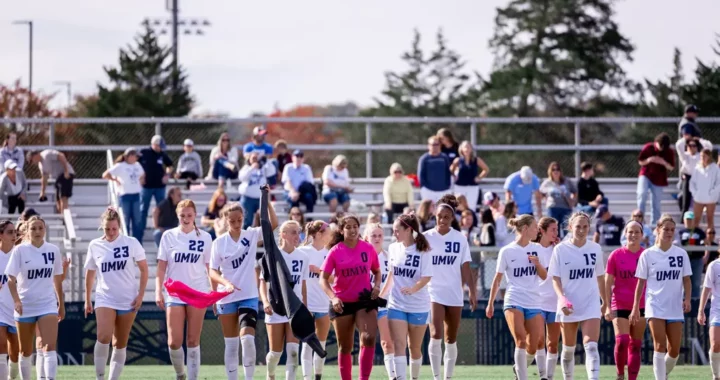Bryce Harper signs second largest contract with the Phillies
3 min read
ESPN.com
By REINA DATTA
Staff Writer
As the 2012 National League Rookie of the Year and the 2015 MVP by a unanimous decision of the Baseball Writers’ Association of America by age 23, you would think that Bryce Harper could do no wrong in the world of Major League Baseball. That is, until Feb. 29, when Harper agreed to a 13-year, $330 million deal with the Philadelphia Phillies, creating a buzz throughout the National League East.
Harper had always been a baseball wunderkind, being dubbed “Baseball’s Chosen One” at the age of 16 by Sports Illustrated in 2009. He has also had a long-time relationship with the Washington Nationals, being selected as the first overall pick of the 2010 MLB amateur draft. In 2012 he made his official MLB debut with the Washington Nationals and did not disappoint.
As his career progressed, his future as a free agent became more of a reality. Harper was not necessarily keen on the idea of being a free agent, and even said on his first day of spring training in February 2018 to reporters: “If you guys do [ask about it], or talk anything about that, I will be walking out the door.” In September 2018, he sounded more optimistic about the idea of his free agency, saying, “I’ve always said, if I’m in those plans I’d absolutely love to be here. But if I’m not, there’s nothing I can do about it.” He played his last game in Nationals Park on Sept. 26, 2018.
Now, as a full-fledged free agent, it’s hard to imagine him on any team other than the Nationals. In fact, the Nationals offered him a 10-year, $300 million contract back in September. However, at the time, people thought Harper’s potential contract could reach $400 million, so Harper let it go. “Nothing’s really changed on our end,” said Nationals owner Mark Lerner. “We moved on. We had to. There’s no way we could wait around… we’ve filled our roster.” After losing the Nationals, he also lost the interest of The Los Angeles Dodgers, St. Louis Cardinals, and San Francisco Giants, just to name a few. The Phillies seemed like the most logical choice for him.
“In my opinion, Harper could do worse things than join a team like the Phillies,” said Rebekah Carrai, a senior majoring in biochemistry. “I’m a Nats fan, and of course he’s considered the epitome of the Nats, but he has every right to make whatever business decision is best for him.” Some people considered him greedy for not wanting to take an amazing deal from the Nationals, just for the possibility of a bigger contract.
“He had a perfectly good contract laid out for him on a silver platter, and he let the fame and the gossip about him getting a bigger contract go to his head,” said Allison Morris, a senior majoring in psychology.
On March 1, after the fallout of Harper officially signing, rumors started flying about why Harper didn’t sign with the Nationals, and whether it was actually a good deal. While the years and the dollars look great on paper, the real deal is more complicated and the deferrals need to be assessed as well.
According to someone with knowledge of Harper’s potential contract with the Nats, the contract was actually $100 million, and that Harper wouldn’t see all of it until after he was 60 years old. Whether or not that is actually true, it is true that Harper wouldn’t see all of his money at once if he stuck with the Nationals. The Phillies contract is “front-loaded”, and a hefty signing bonus. So while it looked like Harper was being overly choosey, and potentially greedy, upon further look it seems like not all these contracts are black and white.
Bryce Harper has already begun to be challenged, during a spring training game against the Toronto Blue Jays, who displayed a brave, almost reckless defensive strategy. Harper said he’d never seen something like that. “If they start playing ball like that, it’s definitely different.” Harper has longed to be challenged, obviously becoming complacent during his many years of fame. “Baseball’s a tired sport,” said Harper. “You can’t express yourself. You can’t do what people in other sports do.” Maybe this is the push Harper needed to diversify his repertoire, and continue to make a name for himself.


